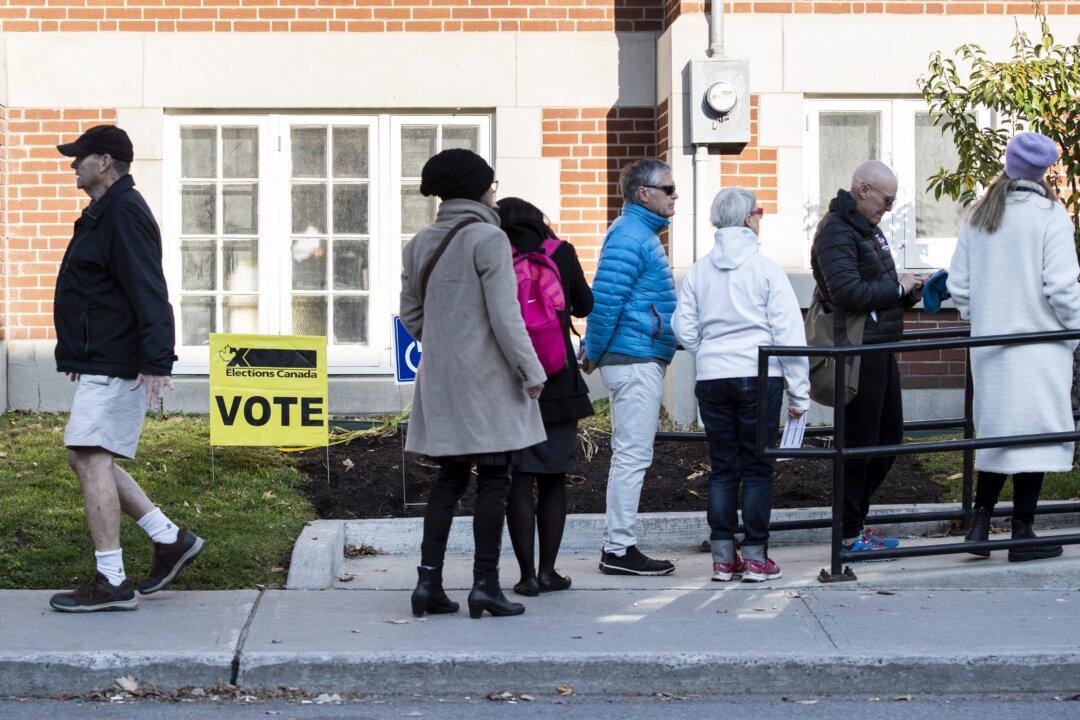News Analysis
The lead-up to the federal election call saw yet another ouster from a major party to prevent potential attacks from the opposition.

The lead-up to the federal election call saw yet another ouster from a major party to prevent potential attacks from the opposition.